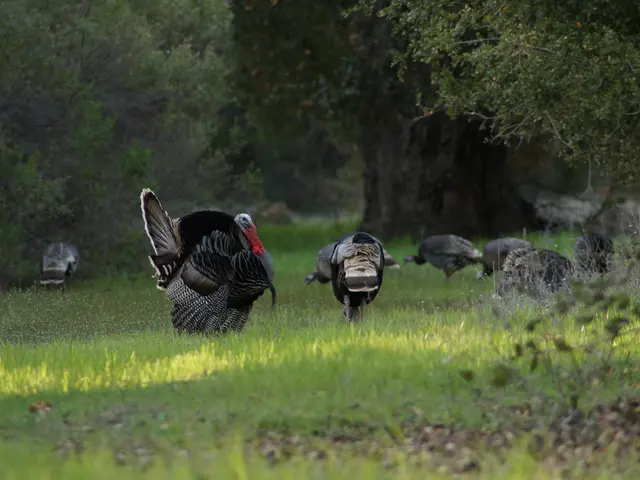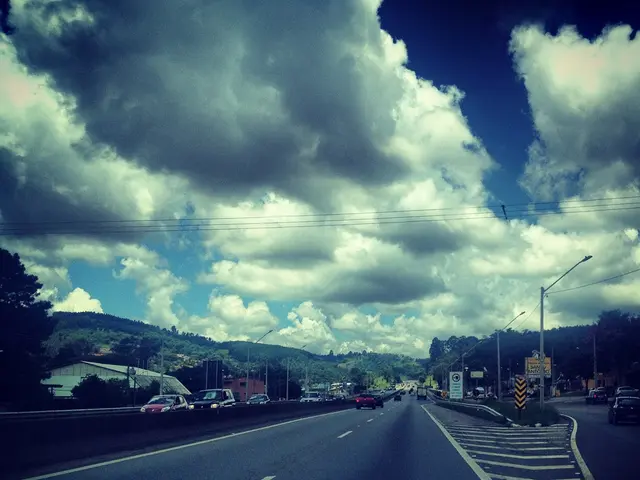Conservative and Labour parties engage in a contentious dispute over who deserves recognition for decreasing immigration levels.
UK Long-term Net Migration Halved in 2024, Official Data Shows
The Office for National Statistics (ONS) released statistics in 2024, demonstrating a considerable reduction in long-term net migration to the United Kingdom. The report indicated a decrease of 431,000 migrants in 2024 compared to the 860,000 recorded the previous year.
The drop in net migration is primarily attributed to a 49 percent decrease in non-EU workers and an 86 percent reduction in the number of study dependents entering the country. The ONS director of population statistics, Mary Gregory, attributed the decline to individuals leaving the UK who originally came on study visas after pandemic travel restrictions eased.
Political conflict arose between the incumbent Labour government and the previous Conservative administration, each attempting to claim credit for the fall in migration. Shadow Home Secretary Chris Philp applauded the Tory measures, asserting that the descent in net migration was a result of their tough actions.
Amreen Qureshi from the Institute for Public Policy Research's migration policy unit supported Philp's remarks, indicating that changes in visa rules for study and care worker visa holders contributed to the drop in migration.
On the other hand, Conservative-leaning think tanks noted that the current net migration numbers remained historically high and suggested that it was too soon for the Tories to celebrate their accomplishment. Centre for Policy Studies research director Karl Williams criticized the previous government for insufficient housing construction to accommodate the increased population.
Labour took a defensive stance, with Dover Labour MP Mike Tapp urging voters to disregard Conservative claims of success. Tapp highlighted the immigration white paper announced last week as the Labour government's response to the issue, which had escalated under Conservative rule.
However, Labour celebrations might be premature, as a Freedom of Information (FOI) request revealed a rise in the number of hotels housing asylum seekers since Labour took office. It was also noted that the number of people claiming asylum in the year ending March 2025 reached a record high of 109,000. Nevertheless, Qureshi stated that the backlog concerning asylum decisions was being alleviated.
The debate over immigration policy could ultimately hinge on each party's ability to address illegal small boat crossings, a priority for a majority of voters. Over 75 percent of every voter group expressed the desire to stop the boats, with the exception of Green voters, two-thirds of whom agreed.
Prime Minister Keir Starmer affirmed his commitment towork with the EU to halt illegal immigration at a recent UK-EU summit. Tapp pointed to the Border Security, Asylum, and Immigration Bill that the Labour government has put forward, currently being debated in the Lords, as evidence of their intentions to combat the issue. The bill aims to implement counterterrorism powers to tackle smuggling gangs.
- The drop in net migration, though significant, has ignited a political debate, with both the incumbent Labour government and the previous Conservative administration claiming credit for the decline.
- Amreen Qureshi from the Institute for Public Policy Research's migration policy unit supports the assertion by Shadow Home Secretary Chris Philp that changes in visa rules for study and care worker visa holders contributed to the drop in migration.
- Conservative-leaning think tanks argue that the current net migration numbers remain historically high, suggesting it is premature for the Tories to celebrate their accomplishment, citing insufficient housing construction as a concern.
- The debate over immigration policy may be determined by each party's ability to address illegal small boat crossings, a top priority for the majority of voters.








